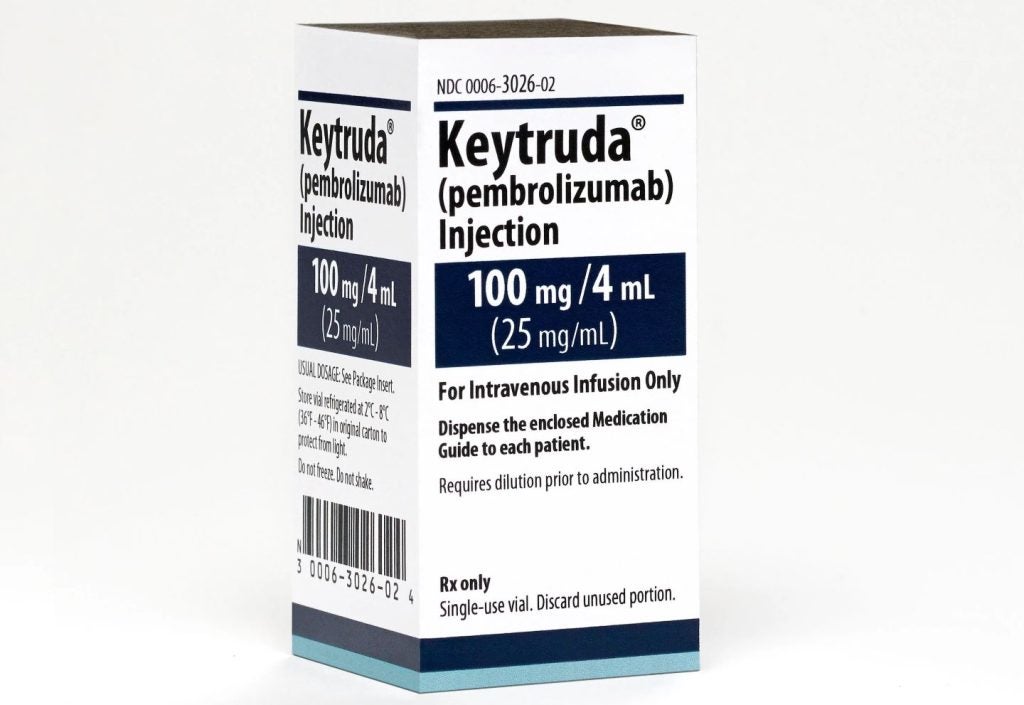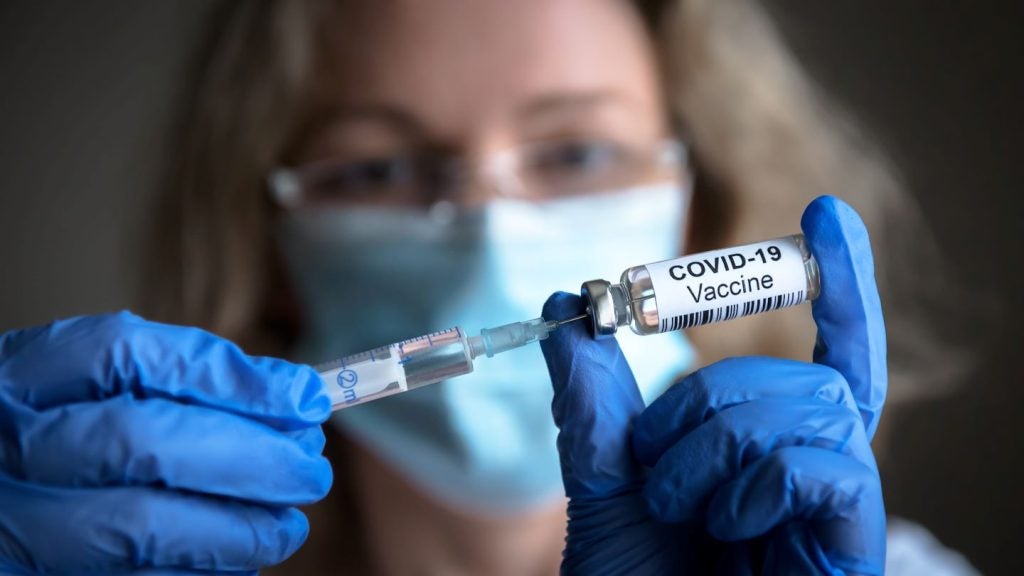Swiss company Versameb will initiate a clinical trial investigating a messenger ribonucleic acid (mRNA) to treat stress urinary incontinence, after receiving clearance from the US Food and Drug Administration (FDA).
The FDA approved the company’s investigational new drug (IND) application for a Phase IIa trial of VMB-100 – an intramuscularly locally delivered, sequence-engineered mRNA.
The study is scheduled to start in the first half of 2024.
Versameb’s candidate encodes human insulin-like growth factor-1 (IGF-1). According to Versameb, preclinical studies have shown that VMB-100 can induce the expression of IGF-1 in human muscle cells, and the candidate accelerated the regeneration of the urinary sphincter muscle and restored urinary sphincter function in animal models of stress urinary incontinence, after a single dose of treatment.
Stress urinary incontinence is a condition where there is an involuntary leakage of urine due to a weakened urinary sphincter muscle. It is a condition that particularly affects females. There are currently no approved pharmacological therapies available in the US, with current standards of care involving short-term solutions such as pelvic floor therapy or invasive surgical procedures.
In the announcement accompanying the IND approval, Versameb chief medical officer Roger Dmochowski said: "IGF-1 plays a key role in promoting muscle regeneration and re-establishment of muscle function. We believe VMB-100 has the potential to fill the current therapeutic gap as a first-in-class mRNA therapy that can restore muscle function and thereby effectively treat incontinence."
According to a report on GlobalData’s Pharma Intelligence Centre, the global market sales in the overactive bladder market are forecast to reach $2.8bn in 2030.
GlobalData is the parent company of Pharmaceutical Technology.















